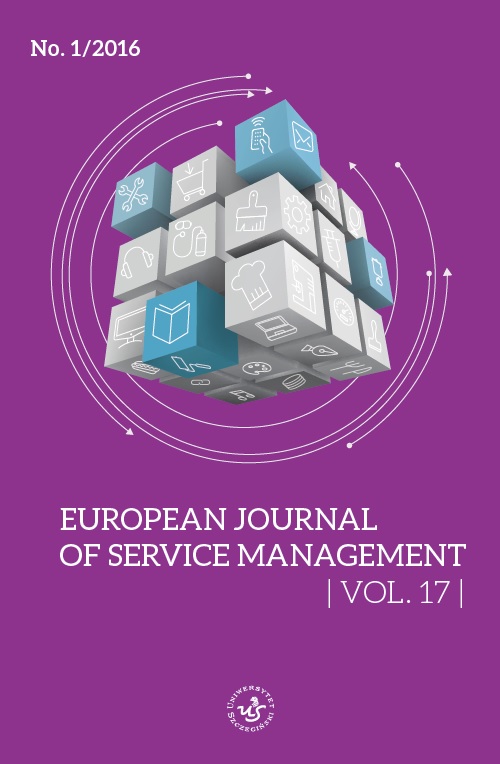Service branches as activities decreasing wage inequality within European Union
Service branches as activities decreasing wage inequality within European Union
Author(s): Magdalena CyrekSubject(s): Economy, National Economy, Business Economy / Management, Human Resources in Economy
Published by: Wydawnictwo Naukowe Uniwersytetu Szczecińskiego
Keywords: wage inequality; convergence; service sector; branches
Summary/Abstract: This article’s main goal is to investigate the current trends in the EU labour market regarding the green economy which is dominated by the service sector. These occupations are called “green jobs”. Empirical analyses were conducted based on the results of survey carried out among experts in three countries: Poland, Italy and Portugal. The situation of each country was briefly described, and then, the differences between these countries were verified by means of statistical tests. The subject of investigation in the article is to evaluate the education system and the labour market in the context of green jobs in selected countries. The issues related to the training needs in the green economy, are omitted in training programmes offered and available in selected countries. Such observation allows for further assessment of the supply side of the educational market. Furthermore, the demand side of the educational market for each country facilitated the identification of the topics for training courses, which should be included in training programs. In the final part of the article the demand and supply sides of the training offers for each country were compared.The analysis in the paper is focused on a problem of differences in a level of wages and salaries between EU countries in a sectoral dimension. We try to diagnose a scale of the differentiation and direction of changes within the period of 2004–2013. In a search for the reasons of wage inequality between countries we pay our attention to structural differences in remunerations. We try to specify which branches are the most and which are the least diversified across EU countries in terms of a level of wages and salaries. As modern development is connected with servicisation of economies we try to specify a character of a service sector considering its ability to equalise remunerations. We verify a hypothesis if the branches that constitute the service sector are those characterised by the lowest level of wage inequality across EU countries. Structure of the paper leads us from a diagnosis of a relative wage level across branches into assessment of wage inequality in different branches across EU countries. In conclusion we confirm the initial thesis and point out at information and communication as well as financial and insurance activities as the ones with the lowest wage inequality.
Journal: European Journal of Service Management
- Issue Year: 17/2016
- Issue No: 1
- Page Range: 13-20
- Page Count: 8
- Language: English

